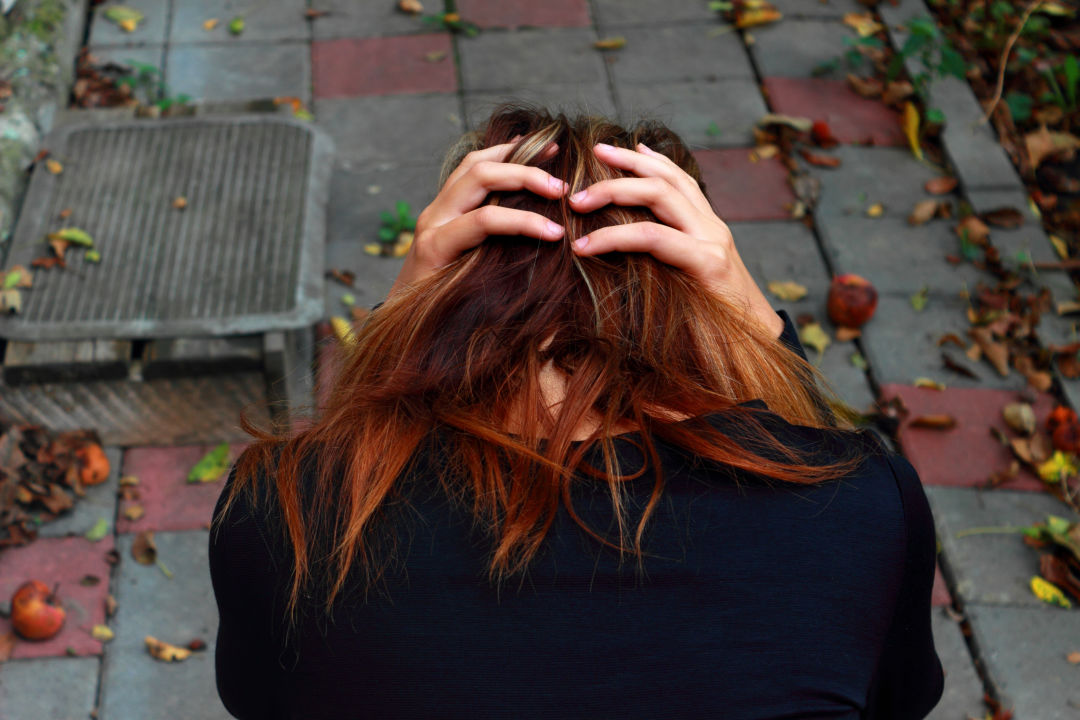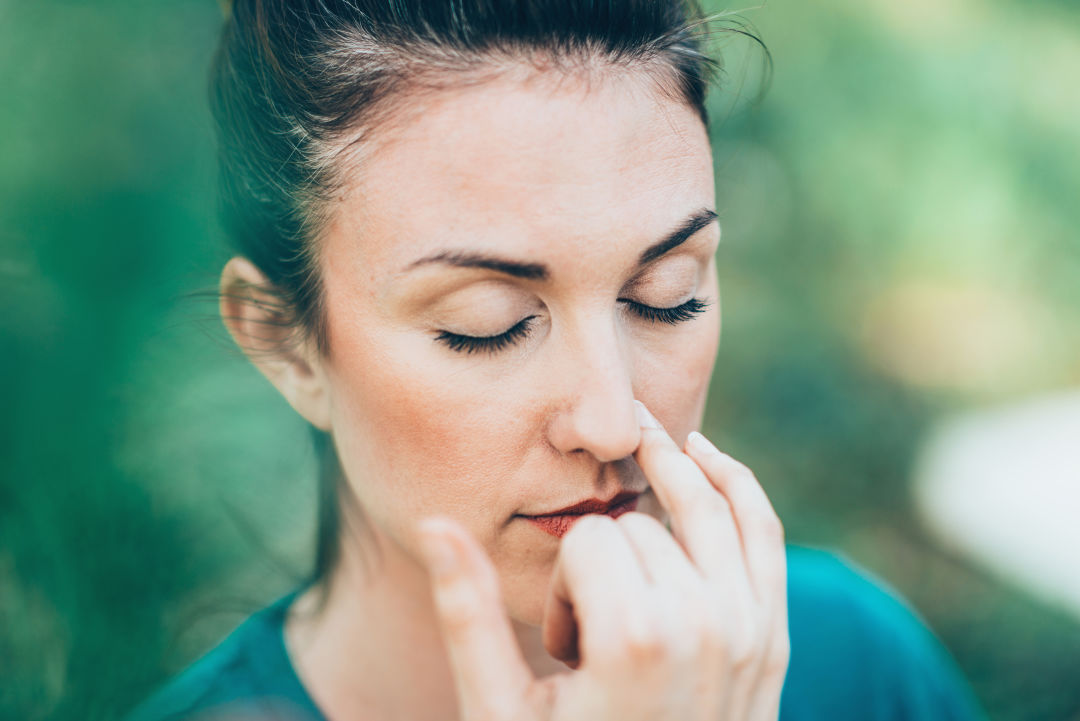Don’t Panic: These Anxiety Treatments Can Work

Image: Shutterstock
Anxiety disorders are among the most common mental health issues afflicting the U.S population. According to recent data provided by the National Institute of Mental Health, 18.1 percent of U.S adults have a clinically diagnosed anxiety disorder, which includes OCD, PTSD, and specific phobias. As a result, millions are left sorting through a multitude of anti-anxiety treatments—both pharmaceutical and integrative— in search of the best remedy. But what actually works?
Over the last few decades, the most common treatment for anxiety disorders has been prescription drugs, the most common of which belong to a pharmaceutical class called benzodiazepines—think Xanax, Valium, and Ativan. In 2008, more than 5 percent of adult Americans used benzodiazepines. But the addictive qualities and other dangers of these drugs—which were involved in 30 percent of prescription drug overdose deaths in 2013—have lead many anxiety sufferers to seek more holistic and integrative solutions.
“There are so many facets to any condition that the idea of trying to treat it with just one thing is a really antiquated way of thinking,” explains Dr. Regina Dehen, Chief Medical Officer and Dean of Clinics at the National University of Natural Medicine. As such, practitioners at integrative medical clinics try to design personalized approaches aimed at alleviating each client's unique anxieties. Using proven techniques like Cognitive-Behavioral Therapy (CBT) and ancient practices such as meditation and yoga, integrative treatments of anxiety disorders are rapidly becoming more mainstream and scientifically credible. We’ve outlined a few of the most popular alternatives below.

A woman practices pranayama breathing techniques.
Image: Shutterstock
Meditation
This ancient practice is one of the most popular methods of lowering anxiety. In 2014, a team of researchers from John Hopkins University analyzed nearly 50 meditation programs and found “consistent evidence that mindfulness meditation reduced the symptoms of anxiety to some degree across studies,” according to Yoga Journal. Other free and easily accessible techniques like Tension Release Exercises, pranayama breathing, and gentle yoga have also been demonstrated to reduce anxiety with regular practice.
Find it: Shambhala Meditation Center, Unfold, etc.
Cannabidiol (CBD)
Cannabidiol, or CBD, is a molecular compound found in cannabis that has been the subject of a huge amount of medical research over recent years. Unlike tetrahydrocannibinol (THC), CBD is non-psychoactive, meaning it won’t get you high, but recent studies revealed that it possesses several medicinal qualities. As well as being tested and proven to be an anti-schizophrenic, anticonvulsant, and painkiller, CBD has been found to reduce feelings of anxiety and stress for adults with a huge range of disorders. To name just a bit of the research on this topic, a 2010 Journal of Psychopharmacology study suggests CBD has significant anxiolytic (anxiety-reducing) effects, and a 2011 Neuropsychopharmacology study suggests CBD mitigates many types of chronic social anxiety.
Find it: Pick a weed shop, any weed shop.
Cognitive-Behavioral Therapy (CBT)
This form of therapy is based on the idea that a person’s anxiety can be traced back to a broader array of problematic feelings and behaviors. After recognizing the roots of a person’s anxiety disorder, psychologists work closely and personally with the patient to develop healthier habits and thought patterns. A 2011 Dialogues in Clinical Neuroscience study found “strong support for both the efficacy and effectiveness of CBT as an acute intervention for adult anxiety disorders.”
Find it: Therapists across Portland.
Nutritional supplements proven to reduce anxiety and stress-levels
- Vitamin B-12
- Chamomile
- L-theanine
- Valerian
- Passionflower
- Inositol
- Kava Root
Find it: The Herb Shoppe Pharmacy, New Seasons Market, etc.
According to Danielle Lieb-Foley, MA, MFT, ATR at Portland OCD, anxiety disorders are commonly the manifestations of cognitive and behavioral patterns of which individuals might not even be conscious. “You can create cognitive distortions when you believe some of the thoughts that your mind is telling you,” she explains. “That can create a lot of trouble, because then you’re walking through the world with a lot of irrational thoughts and feelings that color your day-to-day experiences.”
The feeling Lieb-Foley describes is a familiar one—in today's fast-paced and information-overloaded modern world, it can be exhaustingly difficult to keep up. This is one of the fundamental reasons why Dr. Dehen of NUNM believes anxiety is so ubiquitous in our society. “The more forms of communication that we develop, the more we know about what’s going on everywhere, all the time, the more overwhelming it can be,” she says.
Nevertheless, Dehen believes we are seeing a shift away from using pharmaceuticals to treat anxiety disorders and towards more nuanced, holistic, and personal integrative approaches. “There’s lots of ways to solving most problems,” she says. “Let’s do away with everything that we know isn’t working and figure out what works best.”




